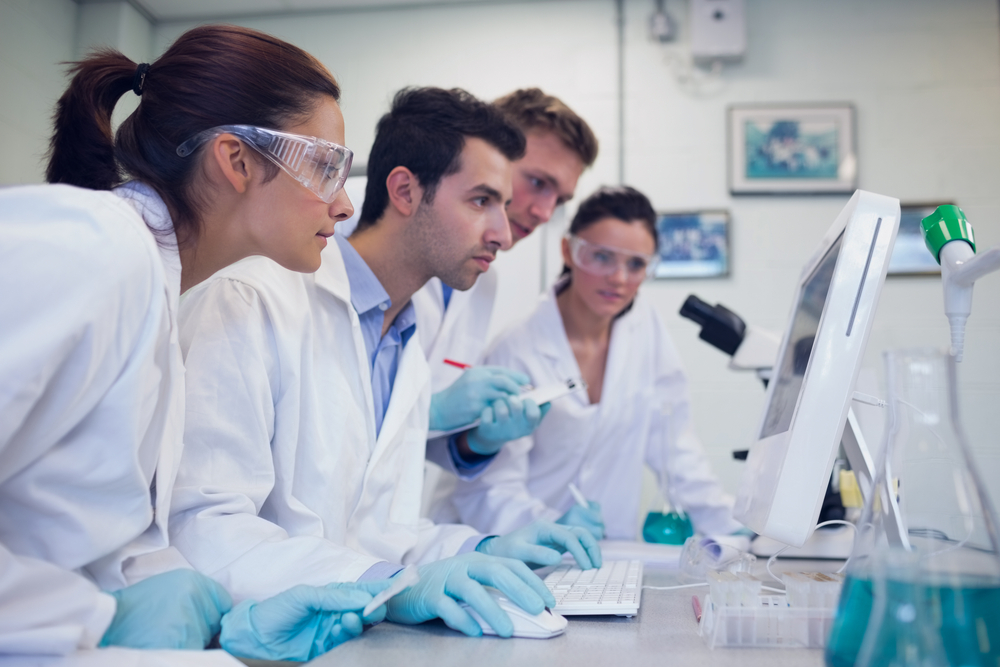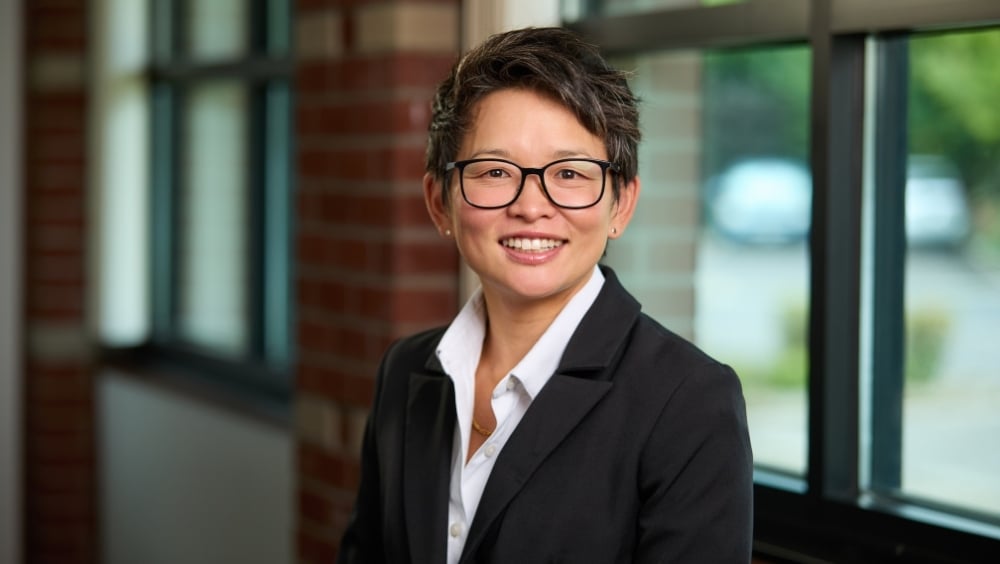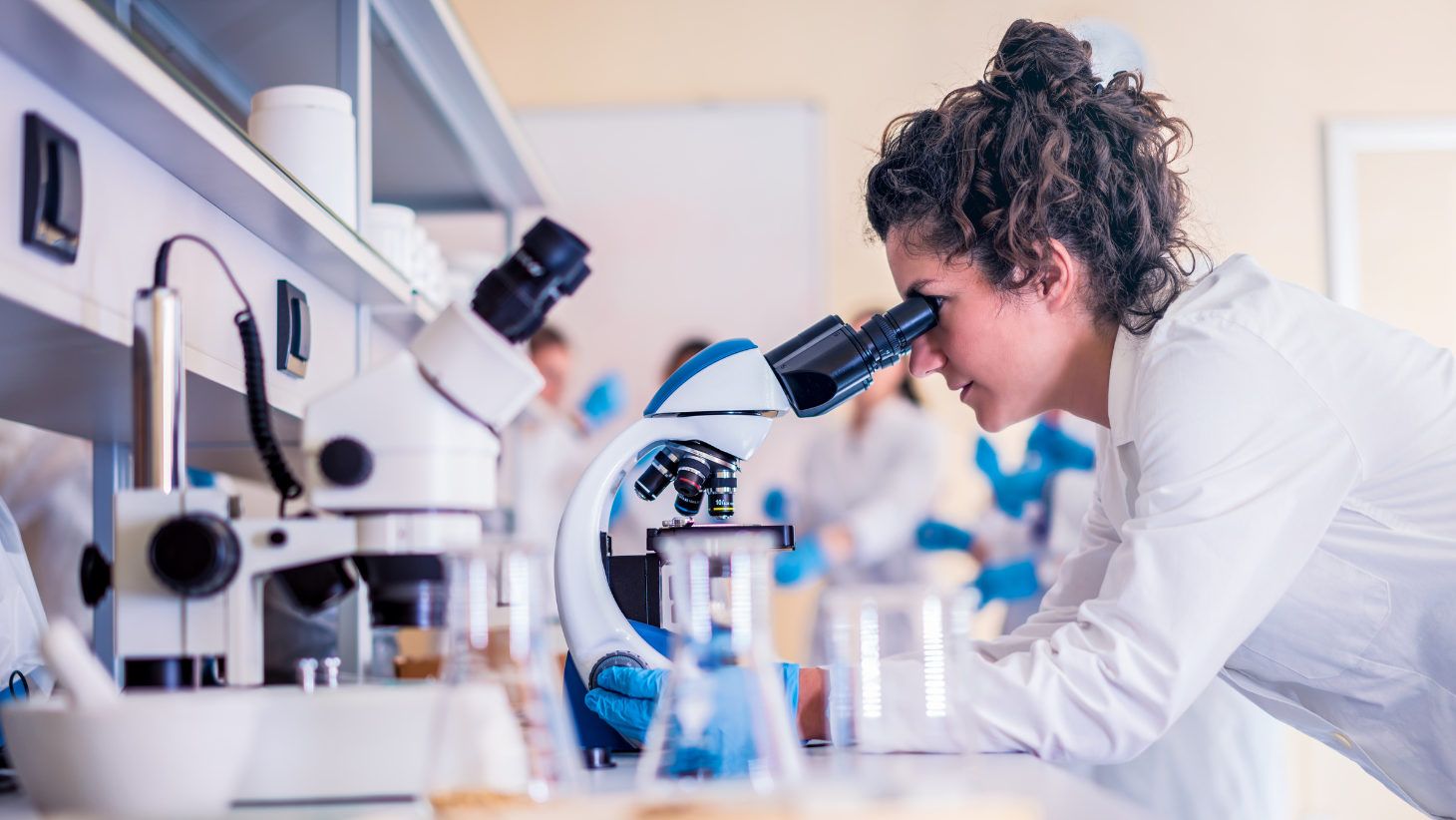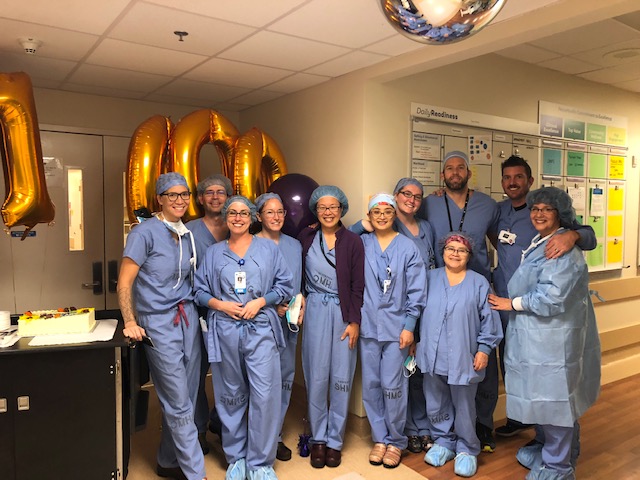A cancer diagnosis often triggers months of medical appointments, from testing and treatment to follow-up care. At Willamette Valley Cancer Institute, a patient’s visit often starts in the lab with a blood draw and a warm greeting.
“My goal, for myself, is just one stick and to make them smile,” says Trisha Roberts, a lab technician and phlebotomist.
WVCI’s lab is a critical component of patient care, as samples collected and processed are used to make important treatment decisions for patients.
Lab technicians care for approximately 150 patients a day at WVCI’s clinics in Eugene and Springfield. The staff’s list of responsibilities is long, but focus is given to every task in terms of accuracy, efficiency and patient safety.
Patients who come to the lab are often anxious, so the lab techs do what they can to help put them at ease, starting with comfortable conversation. It makes each visit to the clinic a little easier for Kathy Easton-Lutomski, who was diagnosed with leukemia about two years ago.
“It’s always a little bit nerve-wracking to come here,” Kathy says. “But they take some of the trauma out of having to do this, and they’re very good at their jobs.”
Two years ago, Trisha began wearing decorative headbands to work to brighten up patients’ moods. Her headband is now a part of her daily uniform, and she estimates she’s collected more than 50 of them.
“And if I forget to put one on, the patients will remind me and say, ‘Where’s your dooley bopper?’ And I’m like, ‘Oh my gosh, hold on. Let me go get one.'”
Trisha says the headbands may seem silly, but they are often a welcomed distraction.
“If a patient is smiling and laughing and forgets, for even just a moment, about what they’re dealing with—that’s why I do this,” Trisha says. “Sometime all you need is just a little sparkle to make your day a little brighter.”
For special occasions, like when patients finish their last chemotherapy appointment, Trisha and other lab techs on duty surprise them with a certificate of achievement. It’s a small gesture, but it can mean a great deal to the recipient, like Marian Ely, who just completed three-and-a-half months of chemotherapy to treat stage II uterine cancer.
“They recognize and understand that patients are scared. Going through all this—there’s a learning curve, at least there has been for me. But they pay close attention to what they’re doing,” Marian says.
For WVCI’s lab technicians, caring for patients is more than a job. It’s about relationships and making patients feel supported during an uncertain time.
“We have an amazing team. I work with great people, and I get to be a part of something that’s big,” Trisha says. “I think giving a patient something to smile at is the best medicine.”



